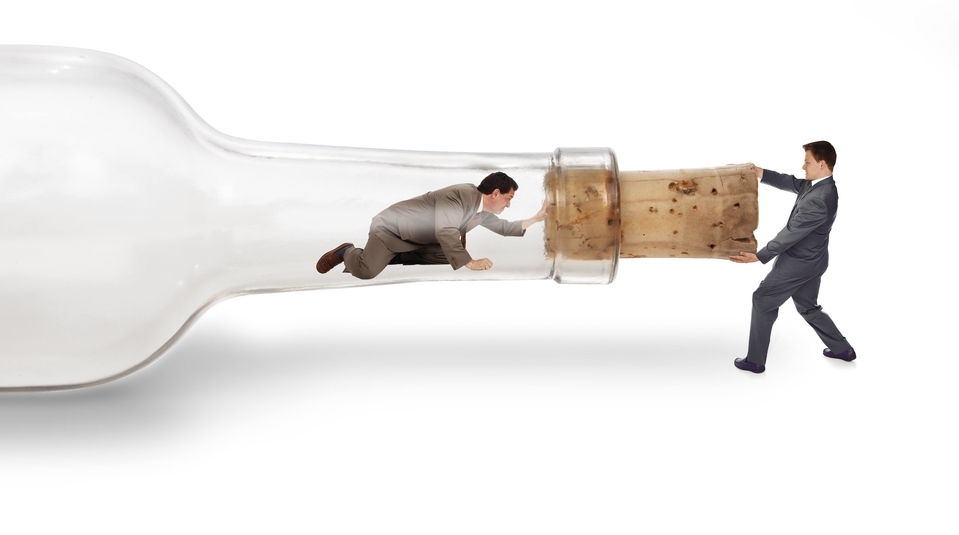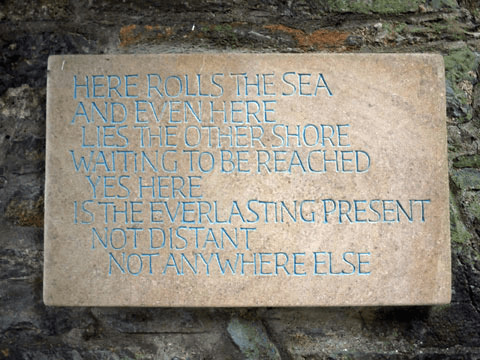Productivity is the result of habits and practices that we learn. Change them and we can become more productive. Ignore them and you get the productivity you deserve.
Despite a lot of gurus who make a lot of money telling you how to do it, the only person who can figure out if a given technique is going to work for you is you. Here is what works for me. I hope you find some of this useful.
Get into the groove
- Flow. Single minded immersion or ‘flow’ in a single task is the essential requirement if you want to be productive.
- Positive feedback. I try not to be too ego-led, but I know that I work harder for people if they have previously given me some positive feedback. Just saying ‘thank you’ is often enough.
- Concentration timer. I use the free timer on my Articulate Marketing website. It helps me re-focus every five minutes, helping me to recover if my mind wanders.
- One thing at a time. Multitasking can reduce productivity by up to 40%, partly because of the ‘switching cost’ as your brain reconfigures to cope with a new task.
Pick your moment to be productive
- Working when other people don’t. I get my best work done on weekends, early mornings, early evenings and that lovely time over the Christmas holiday when nobody else is in the office. I’m more relaxed, more focused and more productive.
- Peace and quiet. I work in a quiet one-person office with a silent PC. This helps me concentrate. For more on this see: how to sound-proof your writing room. Sometimes, just ear plugs are enough.
- Process review. In programming, choosing a better data structure or algorithm can improve performance much more than optimising a piece of code, for example by rewriting it in assembler. It’s the same in work. There’s usually a smarter, more efficient way to store or process information but you have to stand back and think about it first. For example, I used to carefully index and file all my receipts for the year. Now I just put them into a folder and figure that the time I may have to spend to search through them later is much less than the time I save now by not filing them so meticulously. Similarly, I reorganised my week to turn Mondays into a more productive day.
One task list to rule them all
- Ubiquitous task list. I use Wunderlist and Basecamp, with a Zapier integration, so I the same task list available with me almost anywhere. This means I can jot down tasks whenever they occur to me and filter or prioritise them later. This is David Allen’s great insight – don’t carry around your to-do list in your head. It’s too stressful and difficult.
- Avoiding meetings. I try to avoid them or find a better way to do them. For example, back when I was a journalist I realised that I could do a lot of my interviews by phone and save the travel time. It was a huge boost to my productivity. Now I try to do meetings using IM or web conferencing wherever possible. Much more efficient.
- Automating routine tasks. I’m a pilot and I love checklists, standard operating procedures and automation such as autopilots. In the cockpit the more stuff you can automate or simplify, the more processing power you have to think ahead, deal with emergencies and cope with an increasing workload. Same for work. For example, I have simple checklists for packing for a trip or getting ready for a presentation etc. and I have a series of operations manuals for stuff like updating my blogs, booking trips etc. This means I don’t have to figure everything out from first principles every time and that it is easier to delegate tasks.
Delegate and undistract
- Delegation. I hired a PA. She takes care of dozens of routine tasks that used to take me hours each week. The way to be maximally productive is to spend more time on tasks that only you can do.
- Removing distractions. I try (*try*) to clear my desk and email inbox every day and my paper in-tray every week. I know that I find it hard to concentrate when things are piling up.
For tips on improving team productivity see: Team productivity: How to crack the whip without leaving a mark also on this blog.
Of course, tools like Turbine can improve productivity by reducing the time people spend on frustrating non-work like filling in forms and increasing the amount of time they spend doing other stuff. Like their job.
This post is brought to you in partnership with Intel(R) as part of the “Technology in tomorrow’s cloud & virtual desktop” series.





